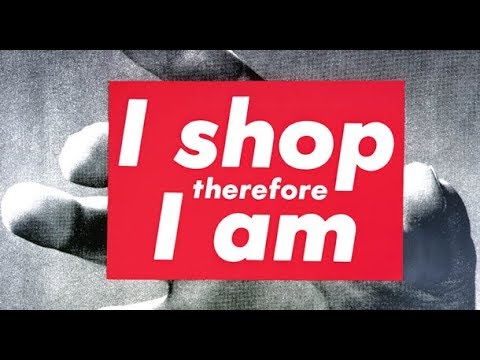
Just before I had read the comment that mentioned consumption which prompted the Comments on the Stoned Ape (the previous post), I happened to be listening to some NPR on the radio. That word (consumer, consume, consumption) was used a bunch in the story I was listening to and I began to wonder about it. The news story was interviewing someone about the US economy and he kept saying “consumers” and “consume”. Of course I knew what he meant, but I could not help ponder if indeed I consume things in the manner he was speaking.
I doubted it, and I think through this doubt I could understand that he was just using a term to describe certain aspects and functioning of analyses of the flow of products and money, and a mechanism for that flow is ‘consumption’.
But as I listened, I also realized I did not listen to what he was saying and interpret it in that way at first; I indeed listened and understood that he was talking about me, a consumer, and a bunch of people like me, who are consumers, and the economy will behave like that and that because I and other people are indeed consumers.
The point I think I came upon is that despite what term he is using for his description of his equasions, I do not consume things in the manner he is suggesting that the ‘group of people that are consumers’ do. And I don’t think anyone does, or, maybe most people do. These could be mutually exclusive categories.
Nevertheless, for one; I do not consume TV shows. I do consume food and water and intoxicants, maybe even forms of air. But I do not consume solar panels or couches. I do not consume the beach, sun, ocean and breezes. We do not. Rather, only in the context of his report and analysis does anyone consume such things. But he speaks to us as if we do, and I think one of the problems, one of the features of our type of capitalism right now could be that we default to Be what people who are presumed to know, say about us. It is possible, then, to understand that capitalism could be not so much a ubiquitous great system of the exchange of goods, and maybe a little more but not entirely a way of speaking. More significantly, it could very well be a manner of appropriating what is said; the issue could be more the manner we come upon objects in the world.
I am not saying that his analysis is incorrect, but that people tend to identify their Being human, often enough, with what (terms) people, who do various jobs or have an amount of authority, use to place the human Being into their equasion. (To live in another persons dream is a nightmare!)
Further; this seems to be a situation that the majority of individual people cannot and will not consider nor think had any significance at all, or if they do, it only has enough significance to get them to discuss something philosophical over a beer, maybe. Thus, such notice, is not the suggestion that we need to educate everyone on how they are being determined by human agencies that they are not seeing or agreeing with. Such people simply don’t care; most people simply cannot view the influences that other agencies have on their Being. If one thinks about some opinions of Chinese citizens have about their government: Despite what flaws the government might have, the general opinion is that is works pretty well.
Thus I would say that for the most part it is not our job to educate people that they are being taken advantage of, simply because those people are generally happy and do not and cannot conceive the extent that they are being manipulated. This is modern humanity, and indeed, to the sour of many modern apologists, it is humanity at all times. No matter what education is implemented, such people will only still yet be lead by what is being said. Often, no matter what one is taught, no matter what deep insight to which one thinks they are educating people, that person will most often merely understand that they have to speak in a certain manner, and that such a manner is the ‘right’ way to speak about things.
Something else is in play, then; something more that what we call ‘liberal education’.

Leave a reply to landzek Cancel reply